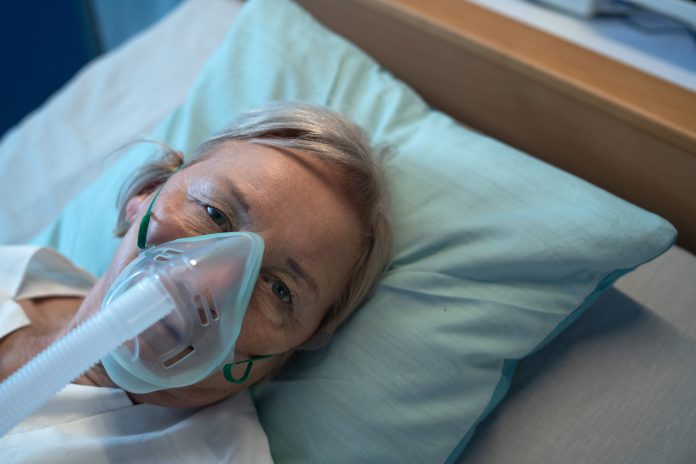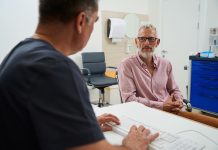Professor Neil Ferguson, epidemiological expert at Imperial College London, says that the UK could reach up to 2,000 COVID hospitalisations daily if current increases in transmission continue
On 7 July, 2021 Health Secretary Sajid Javid said that daily COVID cases “could go as high as 100,000.”
Now, Professor Neil Ferguson – dubbed Professor Lockdown for his prominence throughout the pandemic – now suggests that there will be 200,000 new infections daily, with 2,000 hospitalisations. The NHS is currently overwhelmed, as primary care backlogs continue to struggle to get back on track and new COVID hospitalisations are steadily creeping up.
On Saturday, the UK recorded more than 50,000 new cases of COVID-19.
On Saturday, the UK recorded more than 50,000 new cases of COVID-19.
Speaking to the BBC, Professor Ferguson said: “The real question is do we get to double that, or even higher?”
Currently, the UK is over 60% vaccinated. This means that fewer people will die as a result of COVID and fewer should be hospitalised. However, since no vaccine functions at 100% efficacy and some older people are refusing vaccination, there are gaps in the blanket of protection against the virus.
The SAGE modelling released last Monday (12 July) found that the potential for deaths depends on the R rate staying under 1.5, and the vaccines performing at their maximum predicted efficacy. If both the R is low and vaccines work at maximum capacity, then there will be 9,400 deaths by 1 June, 2022. If the R goes above 2.5 and vaccines function at their lowest efficacy, there will be a further 115,800 deaths by the same date.
If the R goes above 2.5 and vaccines function at their lowest efficacy, there will be a further 115,800 deaths
However, the Delta variant has decreased their power by atleast 10% – across all vaccines.
This impact is hitting hardest in African and Asian countries, which currently lack access to the COVID vaccine.
We spoke with Dr Mary Stephen, Public Health Expert at the World Health Organization African Region. She commented: “It’s really difficult, especially in emergencies like this, to take care of patients and then you see your colleagues continue to die, this kills peoples’ spirit.
“Concerning access to vaccines, the inequity remains, as you can see millions of doses have been administered but the majority of them are in high-income countries.”











